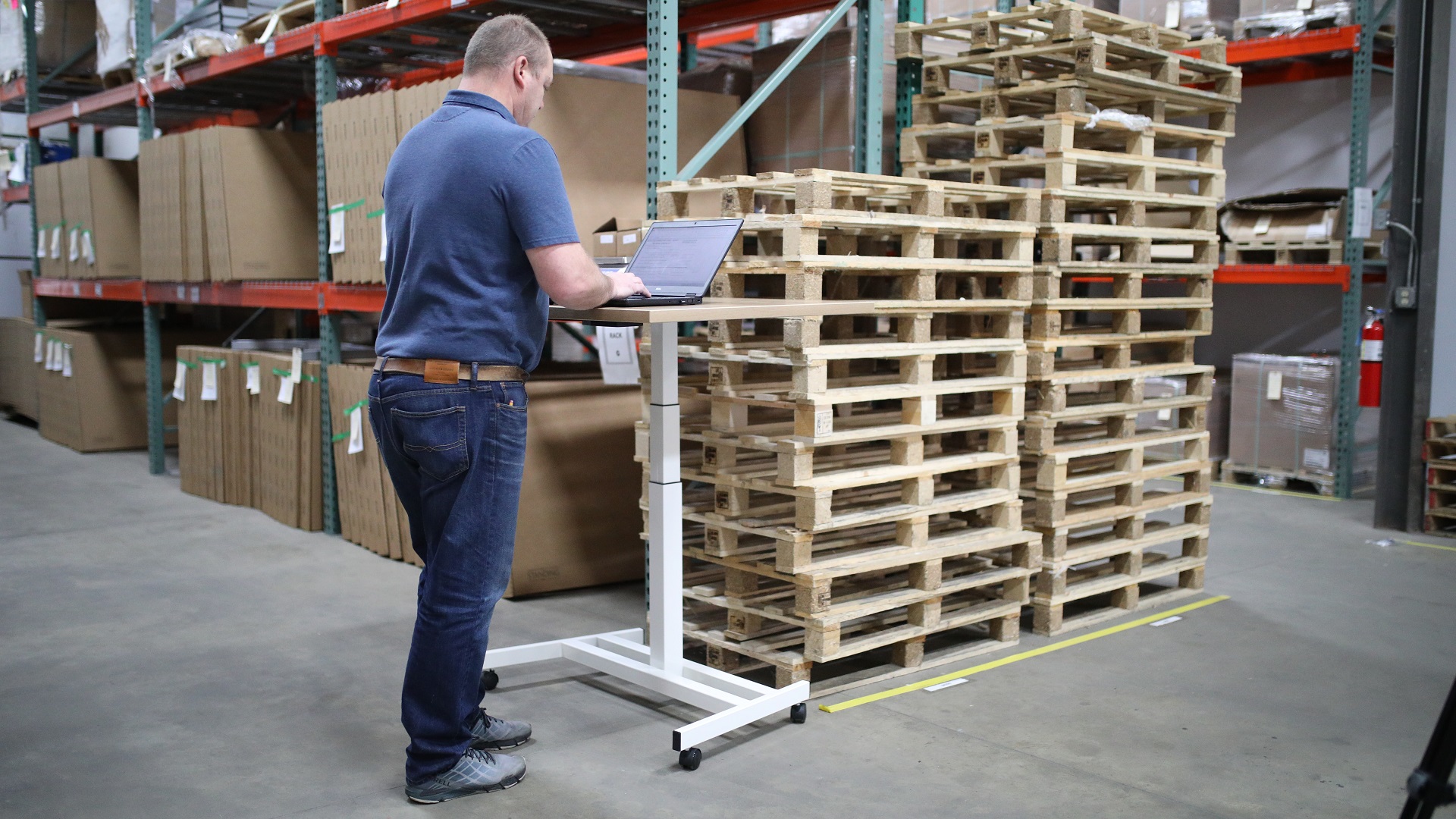Troy, COO of an overhead crane services company, hung up the phone and shot a worried look at the backlog of orders on his desk. An important customer had just confirmed requirements for two large industrial overhead cranes. In normal times he would be delighted, but with a 12-month backlog totaling nearly $100 million, the company was facing a dilemma. Given the disruptions and delays in his own supply chain, the strong temptation was to increase orders to be sure at least some of the parts he was waiting for might be delivered on time. But he recalled the Beer Game, a business simulation exercise developed at MIT: students in a beer keg supply chain simulation ordered more and more from their distributors (at higher and higher prices) until the famous bullwhip effect set in, bankrupting the student teams. Troy was determined to resist the urge to over-order from his suppliers, but he knew something must change. Was there a way to create better partnerships and streamline his supply chain, creating win-win outcomes?
Troy’s experience is a familiar one currently facing companies around the world. Global disruptions caused by the pandemic, along with extreme weather events and the Russian invasion of Ukraine, have wreaked havoc on global supply chains over the past two years. While there are some signs of improvement, the reality is that it takes a long time for disrupted supply chains to get back on track. As David Simchi-Levi of MIT has shown in his recent work on semiconductor supply chains, a 10-day disruption in a firm’s production leads to at least 300 days before its inventory is back to normal.
Read more here.
Harvard Business Publishing (HBP) was founded in 1994 as a not-for-profit, wholly-owned subsidiary of Harvard University, reporting into Harvard Business School. Our mission is to improve the practice of management in a changing world. This mission influences how we approach what we do here and what we believe is important.




